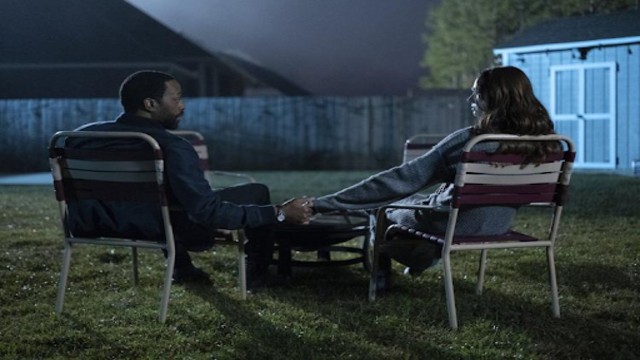
John Mayall, a renowned blues singer, took the stage with his band, The Bluesbreakers, at the Miles Davis Hall during the 42nd Montreux Jazz Festival in Montreux, Switzerland, on the evening of Monday, July 7, 2008. AP Photo
John Mayall, a towering figure in British blues and the driving force behind the influential band The Bluesbreakers, has passed away at the age of 90. The news was announced on Mayall’s Instagram page, revealing he died peacefully at his home in California on Monday. His passing marks the end of an era for blues music and those who knew him as a pioneering force in the genre.
Mayall's band, The Bluesbreakers, is renowned for being a launchpad for some of the biggest names in rock and blues history. Over the years, the band featured legendary musicians such as Eric Clapton, Mick Fleetwood, and Peter Green, each of whom went on to achieve great success in their own right. Despite never reaching the same level of fame as his protégés, Mayall remained a revered figure in blues, continuously performing well into his 80s.
Born on November 29, 1933, in Macclesfield, England, Mayall's early life was steeped in music. His father, a musician himself, introduced him to a world of boogie-woogie piano that would deeply influence the young Mayall. He learned to play the piano methodically, practicing one hand at a time to develop his skills. This dedication to music would shape his career, which began in earnest when he moved to London in 1962.
In London, Mayall immersed himself in the burgeoning blues scene, where he was drawn to the sounds of blues legends like Alexis Korner and Cyril Davies. His band, The Bluesbreakers, became a hub for blues talent, attracting musicians who would later become stars. The band's 1966 album, "Blues Breakers with Eric Clapton," is considered one of the finest examples of British blues.
Mayall’s impact extended beyond the music itself. He was known for his nurturing approach to musicianship, allowing his band members the freedom to explore their own styles. This supportive environment helped shape the careers of many who would go on to become prominent figures in rock and blues.
Despite his significant influence, Mayall remained somewhat of an underground figure, never quite achieving the mainstream recognition afforded to some of his bandmates. He was candid about his frustrations with the lack of accolades, admitting that he never won a Grammy or achieved major commercial success. Nevertheless, his contributions to blues were recognized in other ways, including a Grammy nomination and an OBE (Officer of the Order of the British Empire) awarded in 2005.
Mayall's last years saw him continuing to perform and engage with his audience, driven by his love for the music. His final performances were a testament to his enduring passion and dedication to blues. Even though he often joked about being an "underground performer," his impact on the music world was undeniable.
Mayall's legacy is one of musical innovation and mentorship. His ability to nurture talent and his dedication to his craft left a lasting mark on blues music. His passing is a significant loss to the music community, but his influence will continue to resonate through the many artists he inspired.















